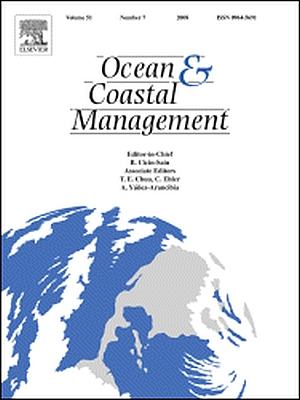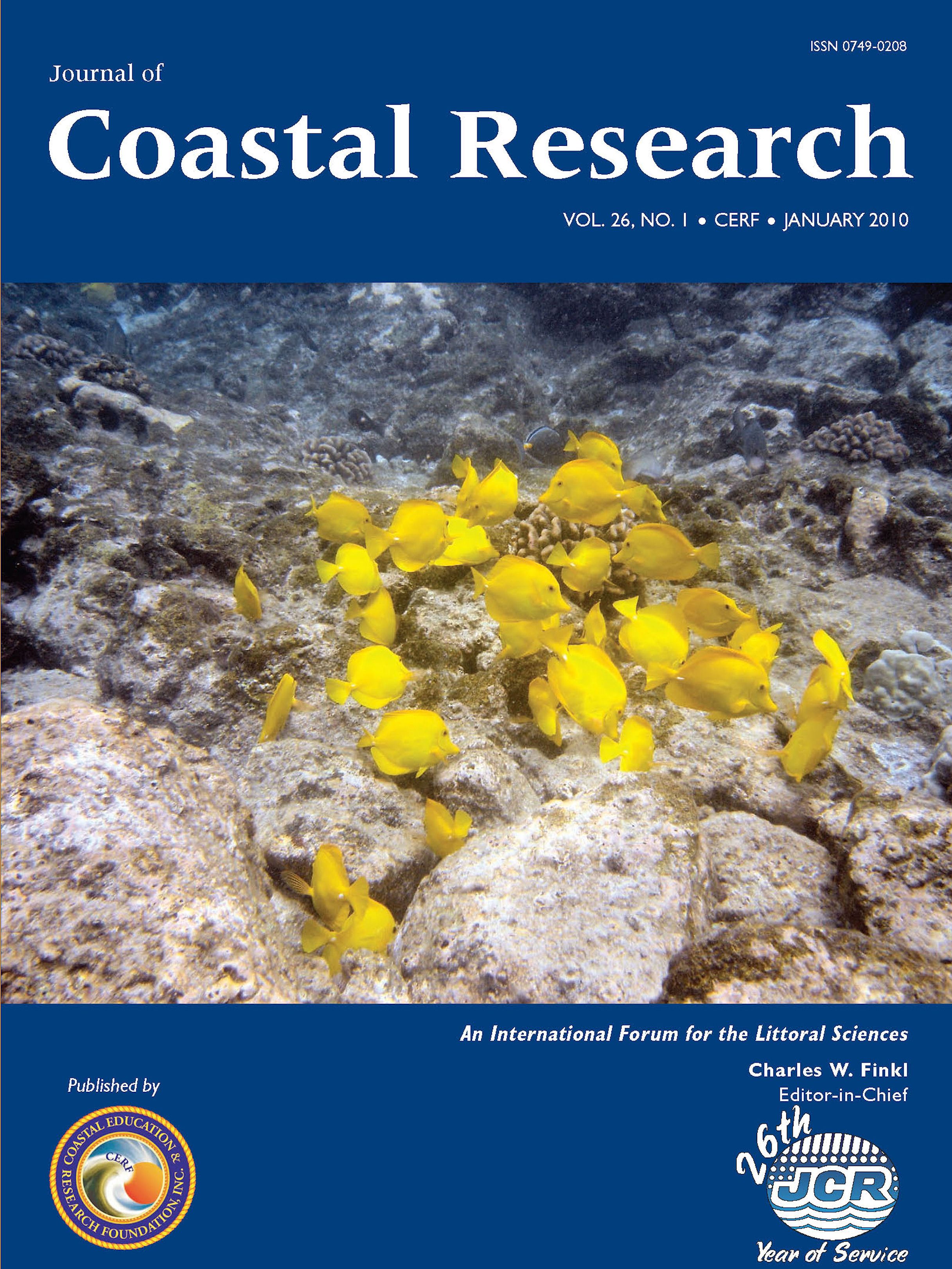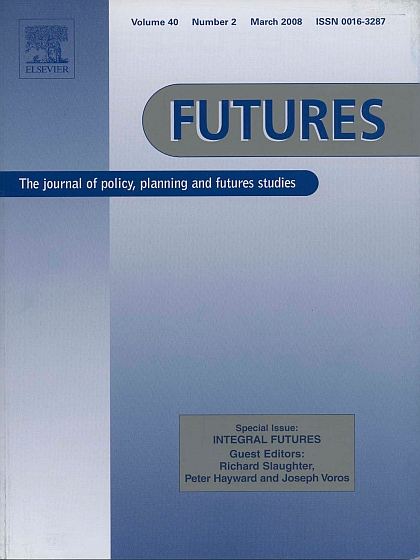Research supported by the European Commission continuously highlights that many areas of Europe's coastline face serious problems. Numerous research projects in the EU alone have been carried out on coastal hazard zones investigating storm surges, erosion and others. They have provided data and scenarios, and presented possible strategies to meet these challenges.
Only few research projects however investigate the relationship how a certain bio-physical coastal ecology shapes the exchange and interventions of human and political agents regarding the implementation of risk management strategies and vice versa. As such research demands in-depth analysis in a field where "hard data" are not available and insights primarily depend on a good acquaintance with the respective socio-political structures, values, mentalities and motivations in the specific historical context of institutional actors and people, as well as time for observation and investigation.
In the FP-7 project RISC-KIT, completed in April 2017, Ecologic Institute and partners aimed to support closing this gap while promoting policy-informed research helping to feed historical and socio-cultural contextuality into political processes of risk management decisions in coastal regions.
Europe's coastlines are a product of human cultivation leading to its ultimate settlement and resulted in engineering its characteristics to suit purposes of states, economy, and human re-creation. Over the last century the trust in technical intelligence and engineering capacities led towards new bold attitudes about building and living at the sea often interfering with the natural sediment transport of coastal systems and thus supporting erosion at many coasts in Europe. In addition, rapid coastal urbanization, mass tourism, maritime transportation and agricultural production cause serious pollution problems while high demands on the maritime resources result in the over-exploitation of fish stocks. These problems are further accelerated by climate change causing sea levels rise and increase in high-impact hydro-meteorological events. For instance, recent and historic high-impact storm events have demonstrated the vulnerability of coastal zones in Europe. Among these events are the 2010 Xynthia storm in France, the 2013 Xavier/St. Nicholas storm in North-West Europe and the 2015 St. Agatha storm in the Adriatic as well as historic event such as the 1953 Flood in Northwest Europe, 1962 Floods in Hamburg and the 1872 flood in Kiel Fjord, and even older events. Coastal vulnerability is likely to increase due to two effects: due to predicted climate change the hazards of sea level rise and coastal flooding may increase, and due to on-going coastal development the impact (or consequences) will increase.
Europe's cultural heterogeneity and diversity continues to be a challenge for the implementation of common risk management policies, on the other hand it is an indispensable feature to achieve the EU's strategic objective to prosperity, solidarity and security. Risk management planning in the RISC-KIT case study sites is the result of social relations among people living in a certain area where culture and cultural influences play a crucial role. Each regional context is characterized by particularities of history, by attitudes, beliefs and values, political and legal traditions, different socio-economic patterns and concepts of justice, interpretations of risk planning tasks and responsibilities, and different structures of governance. This demonstrates how each region has its own culture leading to different solutions to similar problems. Hence, to view risk management planning as a technical or a political activity only seems to be unrealistic and would be incapable of achieving risk reduction planning goals in the longer term. Risk management strategies must embrace wider socio-cultural aspects and diversity of perception in the specific local and regional contexts.
Lead by Ecologic Institute more than 150 face-to-face interviews were conducted by RISC-KIT partners in the ten RISC-KIT European coastal case study sites and one non-European site engaging stakeholders from a wide range of expertise, knowledge, motivation, and backgrounds. Although all case study sites are unified by similar exposures to natural risks, the way society is responding via risk reduction policies as well as individual measurers differs significantly thus supporting the statement that risk management policies have to be co-produced with regional and local stakeholders. The results of the investigations have been processed within the RISC-KIT toolkit, inter alias the web-based management guide as well as contributed to the RISC-KIT policy brief.





